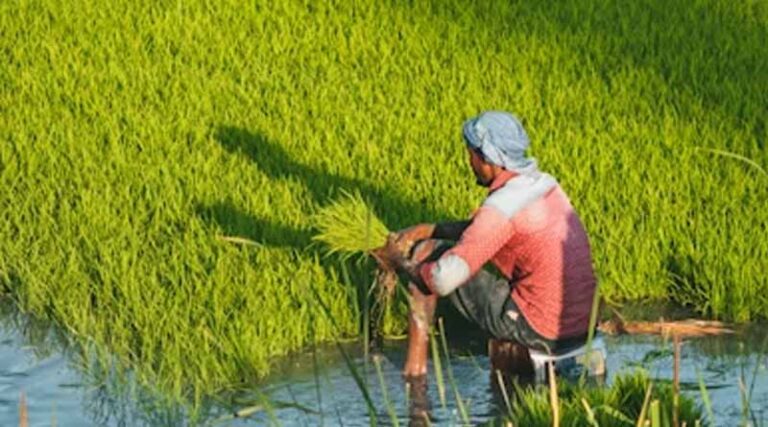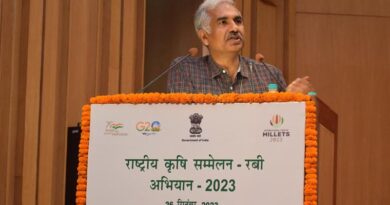
Punjab’s Water Crisis: Experts Say Hybrid Seeds Are the Only Sustainable Solution
20 November 2025, Chandigarh: In the backdrop of lower rice yields this year in Punjab, triggered by floods and Punjab’s growing water crisis, seed experts have called for an urgent need to promote hybrid and flood-resistant rice varieties. They believe that wider adoption of hybrid seeds could have helped farmers mitigate losses, improve productivity, and conserve precious groundwater.
According to agricultural experts, the use of hybrid seeds will prove beneficial for both farmers and the state government. These seeds deliver higher yields in less time, require less water, and are more resilient to climate stress, thereby strengthening both productivity and sustainability.
Ajai Rana, Chairman, Federation of Seed Industry of India (FSII) and CEO and Managing Director, Savannah Seeds described hybrid seeds as a “boon” for a water-stressed state like Punjab. “Hybrid seeds not only give higher yields with lower water usage but are also suitable for direct seeded rice system” he said.
He cautioned that if the current rate of groundwater depletion continues, Punjab’s water table could fall by nearly 300 metres by 2039. “To avert this crisis, the state must urgently adopt water-efficient and high-yielding technologies, starting with improved seed varieties,” he emphasized.
Recently, the Punjab and Haryana High Court partially lifted the state government’s ban on hybrid paddy seeds, a move Rana termed “a progressive step in the interest of both farmers and the state.” He added, “Given the magnitude of the water challenge, change in farming practices is essential. Choosing the right seed and embracing modern technology are the first steps toward sustainable agriculture.”
He also pointed out that combining hybrid seeds with the Direct Seeded Rice (DSR) technique could yield even greater benefits. DSR reduces water consumption by about 20-30% and lowers labour costs significantly. The Punjab government is currently offering a ₹1,500 per acre subsidy to encourage DSR adoption.
Jagpal Singh Sandhu, a progressive farmer from Barnala, shared that hybrid paddy and DSR have proven highly beneficial. “Farmers must overcome their hesitation to try new technologies. Experience will show that these methods are practical, sustainable, and profitable,” he said.
Seed industry urge state government that instead of restrictions, policies should encourage the adoption of hybrid rice and Direct Seeded Rice (DSR) method, which uses 30% less water, reduces cultivation costs, and cuts greenhouse gas emissions.
Studies show that high-yielding and stress-tolerant rice hybrids can increase output by 15–20% while consuming 30% less water, making them ideal for Punjab’s fragile groundwater situation. Hybrid varieties also meet stringent quality standards set by the Food Corporation of India (FCI), including the 67% Out-Turn Ratio (OTR) benchmark. Hybrid rice offers a win-2 proposition for farmers, millers and state government by increasing productivity, total procured volume and revenues.
The Minimum Support Price (MSP) for paddy procurement in Punjab this year is ₹2,389 per quintal, with moisture content capped at 17%. However, procurement has been affected in flood-hit areas where arrivals have slowed. Experts stressed that alongside promoting better seed technology, addressing the concerns of affected farmers must remain a priority.
Also Read: UPL’s Low-Methane Rice Project Wins Global SBCOP Award at COP30
📢 If You’re in Agriculture, Make Sure the Right People Hear Your Story.
From product launches to strategic announcements, Global Agriculture offers unmatched visibility across international agri-business markets. Connect with us at pr@global-agriculture.com to explore editorial and advertising opportunities that reach the right audience, worldwide.






